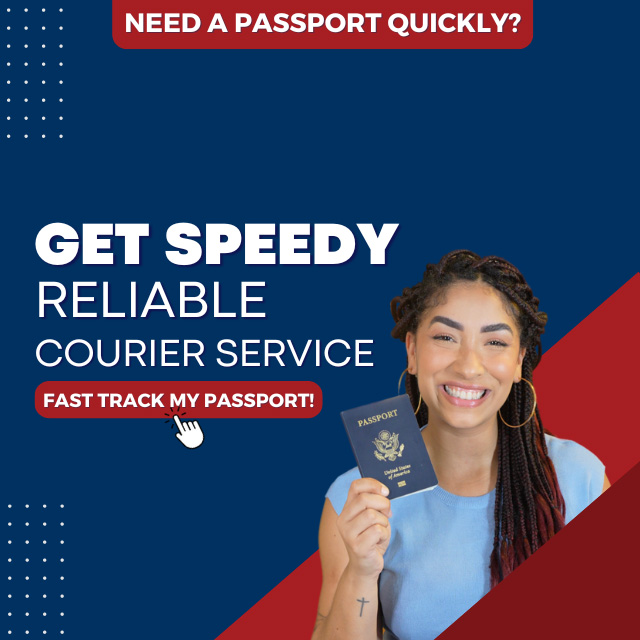 RFID
stands for Radio Frequency Identification. RFID technology has been in
use along the United States land borders with Canada and Mexico for
many years through the NEXUS, SENTRI and FAST programs of the Department of Homeland Security.
These aren't the only programs that use RFID
technology. ID tags that are embedded under the skin of pets so that
they can be located if lost use radio frequency identification.
If you
live in the northeastern part of the U.S. and frequently use a toll
system, you may possess the E-ZPass tags which are battery-powered RFID
transponders.
There are many other uses of RFID including biometric
security measures, smart cards, car keys and security access cards. The
tendency is for the RFID technology to expand into more and more areas.
What are the advantages of using radio frequency
identification? One advantage is a more rapid flow at security check
points. RFID allows Customs and Border Protection (CBP) officers to
access information on a traveler in advance of his or her arrival at
the inspection booth. This helps to keep traffic moving steadily.
One of the major concerns in relation to the use of RFID chips in passport books, passport cards and
other documents is the issue of security. Some fear that data could be
read by others and then used for malevolent purposes. However, the RFID
technology embedded in documents does not include any personally
identifying information.
What it does have is a unique number that,
when read, is associated with a record that has been stored in a secure
government database.
The U.S. Department of State Passport Services uses laser engraving
and includes state-of-the-art security features to mitigate against the
possibility of counterfeiting and forgery.
In addition, to mitigate any
possibility that the card could be tracked, it is issued with a
protective sleeve that prevents the card from being read when not in
use.
RFID
stands for Radio Frequency Identification. RFID technology has been in
use along the United States land borders with Canada and Mexico for
many years through the NEXUS, SENTRI and FAST programs of the Department of Homeland Security.
These aren't the only programs that use RFID
technology. ID tags that are embedded under the skin of pets so that
they can be located if lost use radio frequency identification.
If you
live in the northeastern part of the U.S. and frequently use a toll
system, you may possess the E-ZPass tags which are battery-powered RFID
transponders.
There are many other uses of RFID including biometric
security measures, smart cards, car keys and security access cards. The
tendency is for the RFID technology to expand into more and more areas.
What are the advantages of using radio frequency
identification? One advantage is a more rapid flow at security check
points. RFID allows Customs and Border Protection (CBP) officers to
access information on a traveler in advance of his or her arrival at
the inspection booth. This helps to keep traffic moving steadily.
One of the major concerns in relation to the use of RFID chips in passport books, passport cards and
other documents is the issue of security. Some fear that data could be
read by others and then used for malevolent purposes. However, the RFID
technology embedded in documents does not include any personally
identifying information.
What it does have is a unique number that,
when read, is associated with a record that has been stored in a secure
government database.
The U.S. Department of State Passport Services uses laser engraving
and includes state-of-the-art security features to mitigate against the
possibility of counterfeiting and forgery.
In addition, to mitigate any
possibility that the card could be tracked, it is issued with a
protective sleeve that prevents the card from being read when not in
use.
U.S. Passport Resources
Top 5 Questions About Expedited Passport Couriers
1. How can you get a passport when you're in a hurry?
2. What exactly does a passport expediter do?
3. Are passport expediting services legitimate?
4. How can I identify a reliable passport expeditor?
5. Is expedited passport service worth it? Get answers to these questions and more in our Ultimate U.S. Traveler's Guide to Passport Expediters.
2. What exactly does a passport expediter do?
3. Are passport expediting services legitimate?
4. How can I identify a reliable passport expeditor?
5. Is expedited passport service worth it? Get answers to these questions and more in our Ultimate U.S. Traveler's Guide to Passport Expediters.
You can also visit our library of articles about passport expediting.
In a Hurry? Get Reliable Expedited Passport Courier Service:Expedite My U.S.Passport Now!


